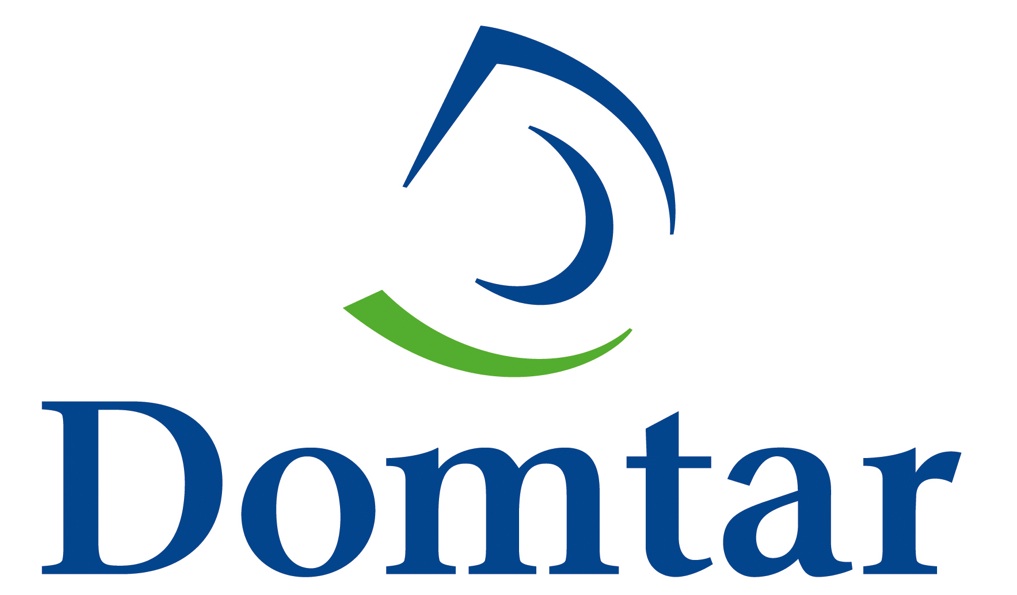How Domtar Beats the Language Barrier

“So do you speak all those languages?” The question came from a new acquaintance who asked my line of work. I sell pulp to Asia, which means frequent trips to countries such as Japan, Korea, Indonesia, Thailand and Malaysia. And no, I don’t speak all those languages. But it begs another question, how does Domtar sell to all those countries, not to mention China, Russia, Israel, Turkey, Brazil, India and others? Well, it’s complicated.
In some cases, such as China, we have Domtar people in country who speak to customers in their native language. China is such an important market to Domtar that we established an office in Hong Kong so we could provide service in the native language and in a customer friendly time zone. In other cases, we have multilingual people on staff, such as in the Montreal office. Our European Sales Manager is fluent in French and Italian in addition to English. Our Latin American Manager grew up in Costa Rica.
But what about those countries where the language is a bit more “exotic”, like Bahasa or Hakka? (Bonus points if you know where Hakka is spoken.) For these countries, we resort to multi-national sales organizations such as Cellmark, CNG or Ekman who employ sub-agents in these countries. We will sell to an agent who in turn sells (with the help of their sub-agent/ local representative) to the local buyer. The agents also provide a valuable financial service for Domtar by assuming financial risk. In this case, financial risk comes in multiple flavors; commercial risk, country risk, war risk, currency exchange risk and the list goes on. These are all factors in any transaction but it all starts with a simple conversation with an interested buyer.
We’re very fortunate that English is our native tongue and has become the lingua franca of the world over the last 50 years. Most purchasing agents (to varying degrees of proficiency) speak English. But the work doesn’t start and end with the Purchasing Manager. The pulp has to perform well. This means technical people. Arrival condition is critical. This means shipping and receiving people. Invoicing has to be correct. This means office staff. When there is a complaint (OK, this is rare), the production staff is involved. For these people, English is as foreign to them as Japanese is to most of us. A local native speaker is essential.
So, short answer is that it’s a network of people taking the product from the floor of a Domtar mill to the floor of a customer plant. And as the product moves, risk slowly transfers with it and the language in which we transact slowly morphs from English to the local language.
Next time I’m asked if I speak all “those languages”, I think I’ll just smile benignly and say, “Why, yes. Yes, I do.” It’s so much simpler.

